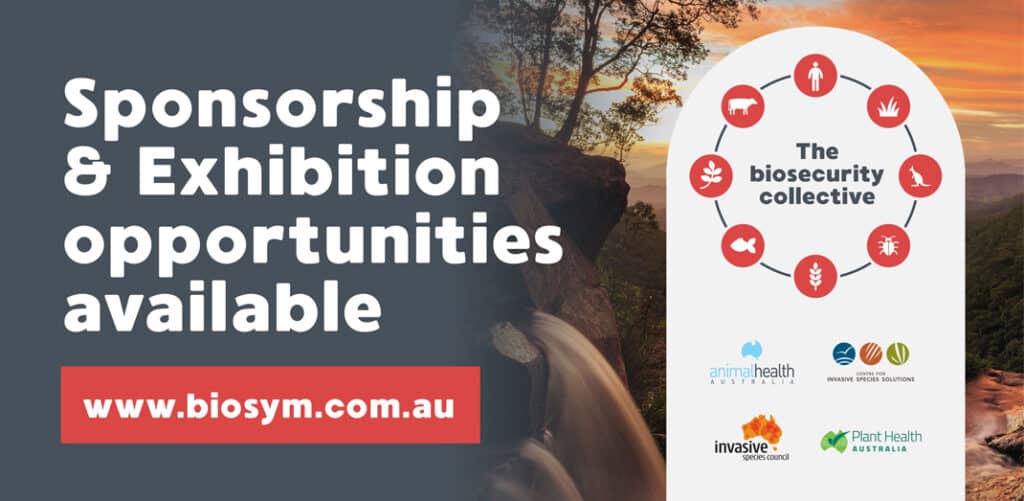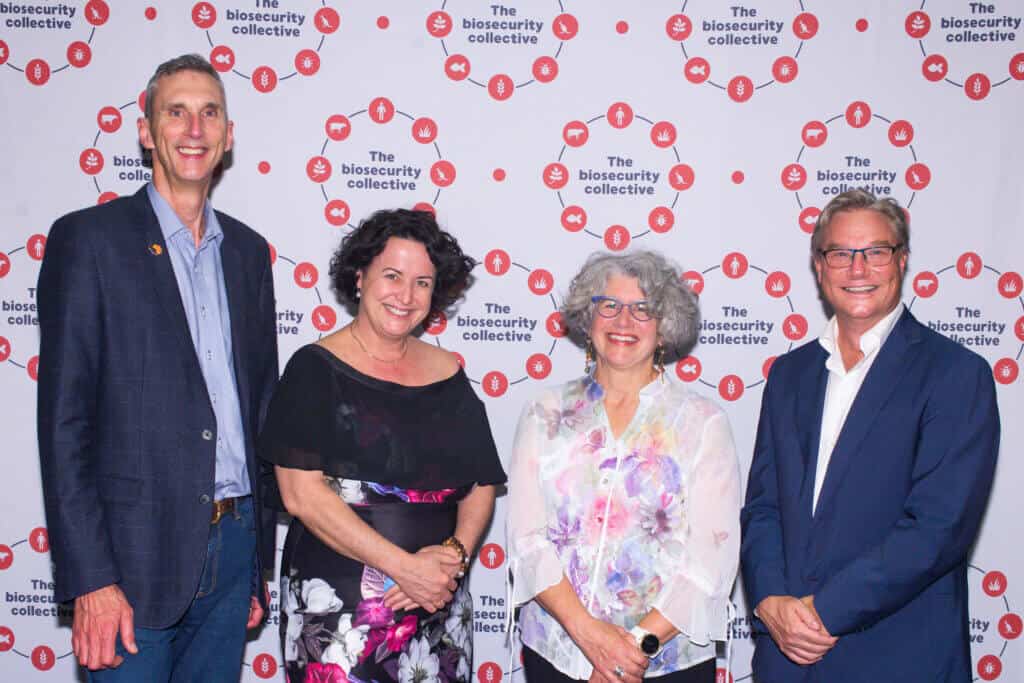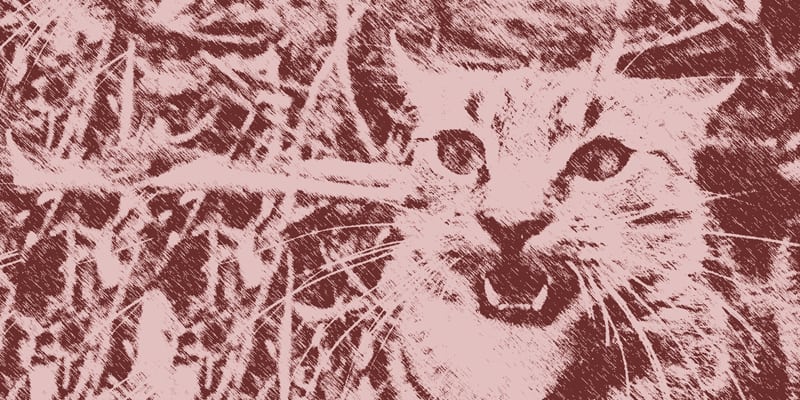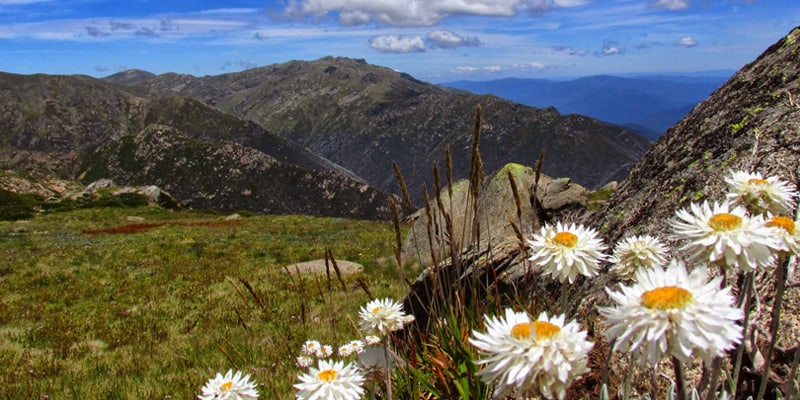We’re excited to announce Dr Norman Swan as a keynote speaker for the 2nd Australian Biosecurity Symposium, taking place on the Gold Coast from 3-5 May 2022.
The symposium, proudly hosted by Animal Health Australia, the Invasive Species Council, the Centre for Invasive Species Solutions and Plant Health Australia, provides the ideal platform to explore how to transform Australia’s biosecurity systems to better protect our economy, environment and way of life.
Dr Norman Swan is one of Australia’s most well-respected health journalists, with an international career spanning more than three decades. A past Gold Walkley winner, Dr Swan has shone a spotlight on public health issues across shows such as RN’s Health Report, ABC’s 7.30 Report, Four Corners and Coronacast – a daily podcast on the coronavirus – and will be presenting on our session theme “Mainstreaming biosecurity: turning buzzwords into a way of life”.
In his keynote address, Dr Swan will share his experiences and knowledge in ‘mainstreaming’ important messages to a broad audience – bridging the gap from awareness to practice change.
His address will provide delegates with key takeaways on how we can mainstream the importance of biosecurity practices, bringing about positive and sustained engagement from the broader population.
Australia’s biosecurity system faces unprecedented pressure. To address this pressure, strong leadership and innovation is essential.
Abstract deadline extended
The abstract submission deadline for the symposium has been extended, you will now have until Friday 28 January to submit your abstract.
We are looking for those who are inspired to influence the direction of Australia’s future biosecurity system, share research and innovation, explore outside-of-the-box thinking and engage in challenging discussions that stimulate debate and energy across the biosecurity collective.
Send in your abstract to symposium@animalhealthaustralia.com.au or complete the form here.
Submissions close 5pm Friday 28 January 2022.
Sponsorship
Sponsorship packages are selling out fast! Don’t miss out on the opportunity to join keynote speaker Dr Norman Swan and various delegates from across eight of Australia’s key agricultural, government and community sectors – including some of the most innovative minds and influential players.
View our range of sponsorship, exhibition and promotional opportunities on offer that will allow you to network with key stake holders and showcase your products and services from the symposium website.
Registration
With more exciting keynote announcements to come, now is the time secure your registration at the early bird rate!
Contact the Australian Biosecurity Symposium Events Team at symposium@animalhealthaustralia.com.au or on (02) 6232 5522.





